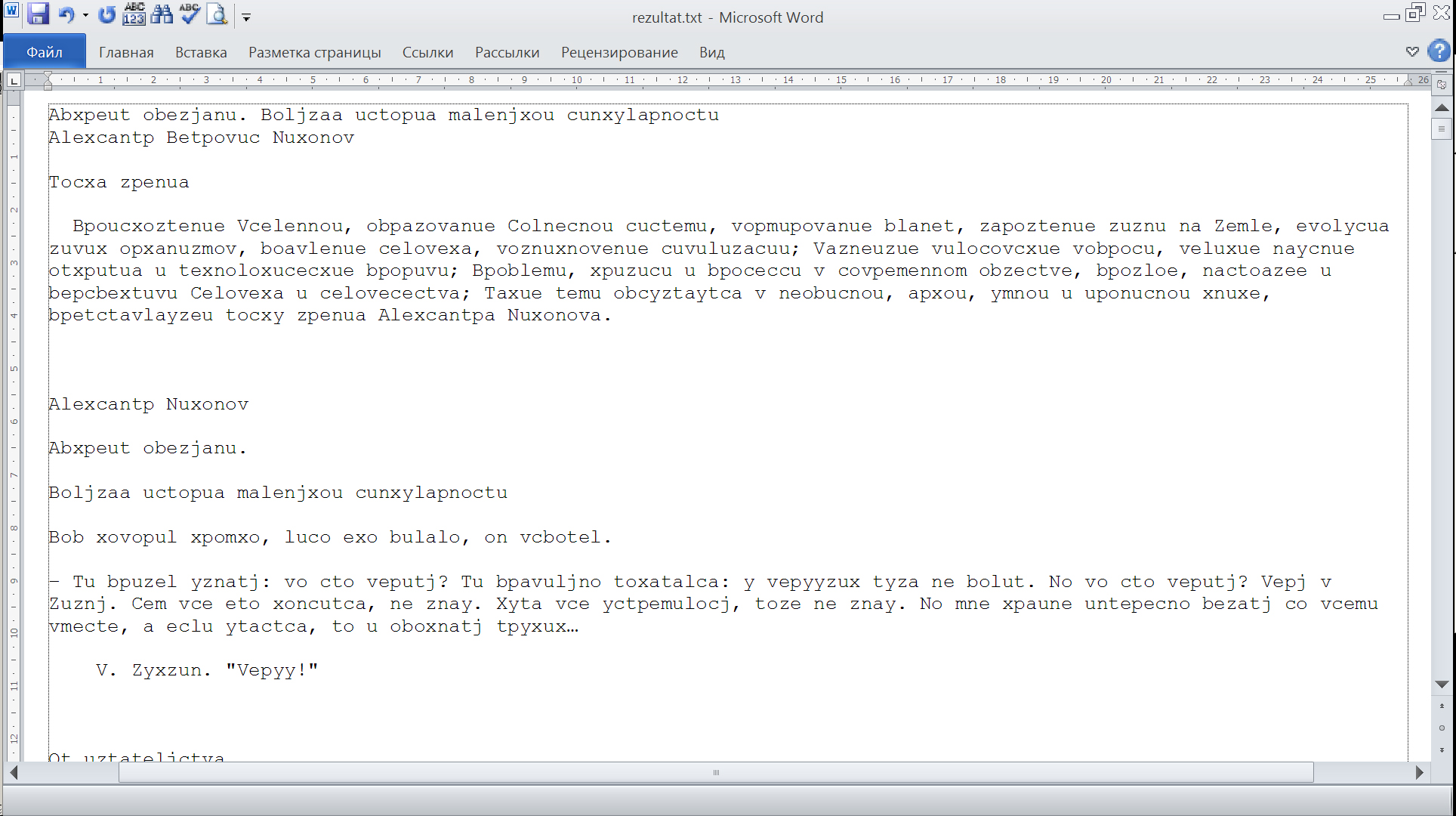The article is written in the order of "charging for the tail of the mind", does not pretend to be comprehensive coverage of the problem, does not call for doing what is described in it - "laughing cleanly", as it is now customary to express it.
In the Telegram chat where I participate (the chat of lovers of homemade truly ergonomic keyboards - by the way, my keyboard now looks like this , and the layout on it is like this ), is currently called "Keyboards: ergonomics and layouts") recently touched upon the topic of the Cyrillic and Latin alphabet in Russian, recalled the problems faced by our “brotherly peoples” (the former republics of the USSR) when switching to the “independent” (I’m not talking about Ukraine) Latin alphabet, and this is what I thought. I'll start a little from afar ...
It is well known that computers were invented by "English-typing" people who use the Latin alphabet, therefore, any computer (and other "intellectual" technology) certainly has Latin letters, but others, for example, the Cyrillic alphabet, may not be. Now, in the OSes (operating systems), the problems of national alphabets have been solved a little more than completely, but many still remember what body movements were made in the 90s in order to display the Cyrillic (Russian letters) on the screen and on the printer.
So, in the course of the discussion, we again touched on the topic, that it would be better to use the Latin alphabet in Russian writing (someone likes the look of the text, someone - a relatively smaller number of letters, someone - the very same compatibility with computers). By the way, despite the existing opinion that the text in the Latin alphabet has a certain visual beauty, which the text in the Cyrillic alphabet lacks, my opinion is diametrically opposite: the design of the Cyrillic letters is very harmonious and the text in Russian is a pleasure to read.
So, there are even several standards for the transcription of the Russian text into the "international" Latin alphabet, but, you see, the use of apostrophes, the ambiguity of phonetic correspondence, as well as such monsters as H = ch, W = sh, I = ja (or ya), and, crown, = shch make this option not very attractive. But the Latin alphabet (26 letters) is not enough for an unambiguous display of Russian letters (33 letters - and yes, I think the letter E is significant, despite the fact that it is "shoved into ..." even in UniCode).
And then a thought came to my mind (and you can't kill a thought, as my teacher used to say!): Why not really try to use Latin letters in Russian?
The concept was immediately formed:
no over-under-and_other-lowercase symbols (umlaut, gravis, etc.);
no digraphs (and even more so tri- and quadra-graphs - that same shch);
, ();
, i=, h=, d=, (u=, x= . .).
:

: , , , . . . . , , . , , «» «» , . (?)…
, « », - … « » — () . , , , , ( «́») .
, : 16 , 10 , 5 ( ) (J=) — (, , ). «» . , — , ( «» — , «» ). — .
, ( ):

«», , , «» «», — «», (, ).
The text after re-encoding is quite readable with minimal voltage, with a little practice, I think, it will be quite unambiguously perceived. The first fragment is the beginning of the famous book by Alexander Nikonov "Upgrade the Monkey" in Russian letters.

The second picture is the same fragment, but recoded in Latin letters.

Then let me take my leave, for, as my teacher used to say: I hammered you a nail, and you have to pull it out! All good and do not take all this seriously.